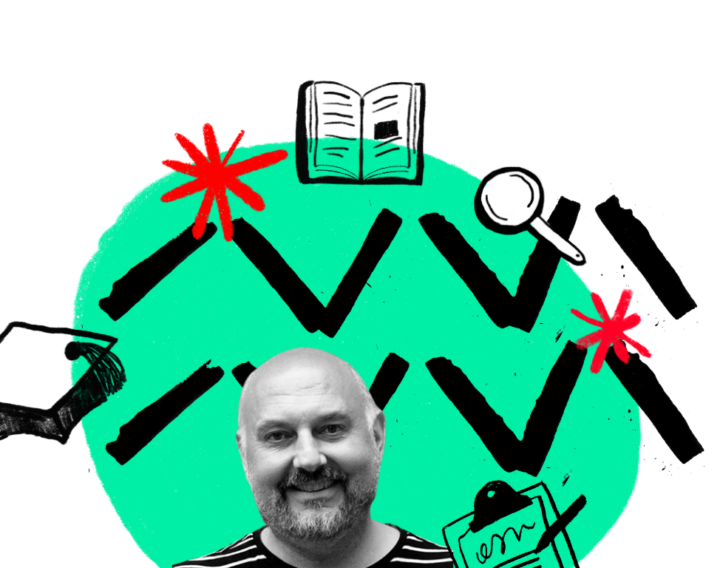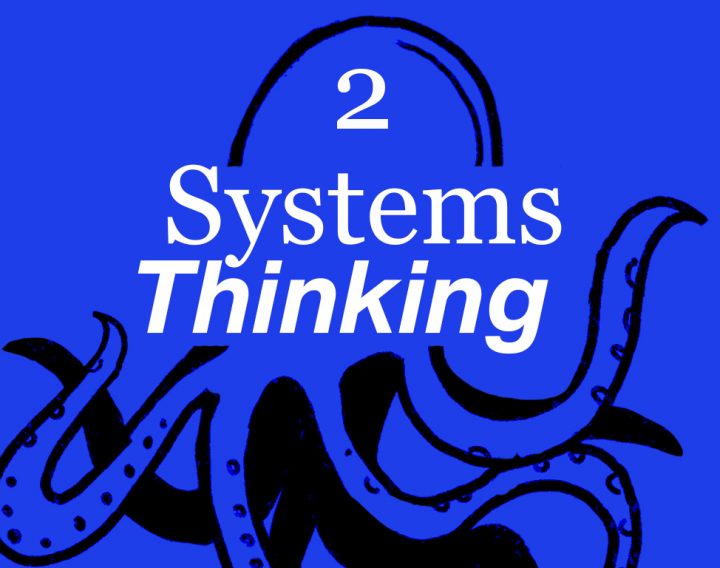In order to design effectively, we aim to understand what people truly need and how those needs fit into their lives.
Research interviews and workshops can lead to deep conversations and may tackle sensitive subjects head on. Some of these discussions will resonate with us more than others. When something touches us we may find that our mind wanders, we might even get flashbacks, feel stressed or find ourselves struggling to ‘shake off’ what we have heard. We might experience emotions that are slightly out of synch with what’s happening, be more angry or sad than the situation warrants.
When that happens, we’re not available to those around us – colleagues or participants – or to ourselves. We need to be able to look after ourselves first so that we can support others. This doesn’t always come naturally so we need to prepare ourselves for these difficult moments. We need techniques to ‘ground ourselves’, to stay in the present – before we can respond. It doesn’t take long, often just a few minutes to breathe.
This article is gathered from our own experiences. It does not constitute professional advice. If you are worried about your mental health or that of someone else, please contact your GP or some of the organisations mentioned at the end of the article.
Some of the techniques below may feel very foreign at first, but they work. I would encourage you to practice them with an open mind and discover the techniques that work best for you.


5 techniques for self-care:
1. Breathe. Breathing is the cornerstone of self-care. Gradually extend your exhalation so that it becomes longer, then inhale. You can imagine that you are breathing slowly in and out through a straw. Some people like to exhale through the mouth, like a sigh. Just be aware of the the air coming in and out, either by placing your hand on your abdomen or by paying attention to wherever you can track the sensations of breathing. Find your own way to do as much of this as you feel comfortable doing – there’s no need to make yourself feel self-conscious. A few moments of awareness can make all the difference. Extending your exhalation sends a calming down message to your nervous system and can make a huge difference. Don’t worry about the in breath, it will take care of itself.
2. Feel your feet on the ground. If you’re sitting down, feel the chair under your bottom, the back of the seat supporting your back. Keep breathing out slowly.
3. Pay attention to your environment. If you’re on the train heading home, can you feel the wobble of the train? What can you hear around you? What else can you notice around you? Can you feel wind on your face? Keep breathing out slowly.
4. Shake it off. Animals who have escaped a danger tremble to release the adrenaline. Shake your hands, your arms, your legs, your head, as if you were trying to flick something off. Return to breathing out slowly.
5. Brush it off. Brush your shoulders as if you were brushing some dust of your shoulder pads. You’re letting the stories fall off your shoulders. Think of the expression: “you’ve got too much on your shoulders,” or, “to have a monkey on your back.” Well, flick them away. You can do the same thing on your back.


Open up to the experience
It’s hard, sometimes very hard. It’s tempting to escape that feeling instead of opening up to it. All feelings are legitimate and less frightening when we name and include them. If you feel yourself becoming reactive to what’s happening, see if you can open up to being curious, maybe by saying to yourself: “Well, that’s interesting.” That little sentence seems to create just enough distance to allow you to breathe and maybe remember the other four techniques for self-care.
Practicing these techniques will hopefully help you stay grounded when difficult moments arise.
What techniques do you use? Share them with us #snookthinking
Read the rest of the research series post: 10 things to consider when planning a project on a sensitive subject, how we look after ourselves after the research and how we care for research participants.
There are also services and organisations that you can talk to. In the UK and Ireland:
Samaritans offer emotional support 24 h/day – free phone 116 123
Breathing Space: 0800 83 85 87, 24h at weekends (6pm Fri – 6am Mon) and 6pm to 2am on weekdays (Mon – Thur)
With thanks to Clare Crombie






